
US and UK facing IT 'talent crisis'
Both the UK and the US are in serious need of cyber-security talent, as there are hundreds of thousands of job vacancies in this industry that won’t be filled any time soon.
This is according to a new report by Intel Security and CSIS, which polled businesses all over the world. There is a "talent crisis" in Australia, France, Germany, Israel, Japan, Mexico, US and UK.

EU wants to create a database of Bitcoin users
The end of anonymity for Bitcoin users may be fast approaching as the EU has put forth a proposal that would require anyone using the cryptocurrency in the member states to register on a database.
The European Commission (EC) is behind the push to take away anonymity from Bitcoin and other virtual currencies with the hope that this could help prevent a number of crimes that use digital wallets as a means of avoiding a paper trail. The proposal would require all users of the cryptocurrency to register using their real-world identity and to provide the addresses of the virtual wallets containing their funds.

Europol's No More Ransom website helps ransomware victims unlock their files
To help curb the global rise of ransomware, the European police agency Europol has decided to launch a new initiative and website to put victims of an attack in touch with the police.
The initiative will be called "No More Ransom" and will be coordinated by Europol, but will also be receiving help from the Dutch national police, Intel Security and Kaspersky Lab.

Most EMEA businesses are happy with Windows 10
Windows 10 is now used in 39 percent of businesses in the EMEA (Europe, Middle East, Africa) region, according to a new report by Spiceworks.
Titled "Windows 10 Adoption: Sprinting out of the Gate", it reveals that the highest adoption rate is among companies with more than 250 employees -- 51 percent. Software, manufacturing and energy industries are where Windows 10 is most used.
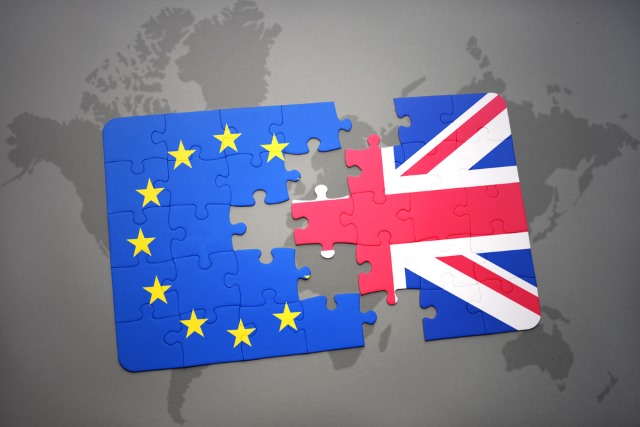
Brexit will not make GDPR mandatory in UK
Another day, another Brexit story. It’s going to be years before we stop hearing the various implications and results of the recently held UK referendum on leaving the European Union.
This time, it’s about private data and its sharing to third-parties, by private companies, without users’ consent.
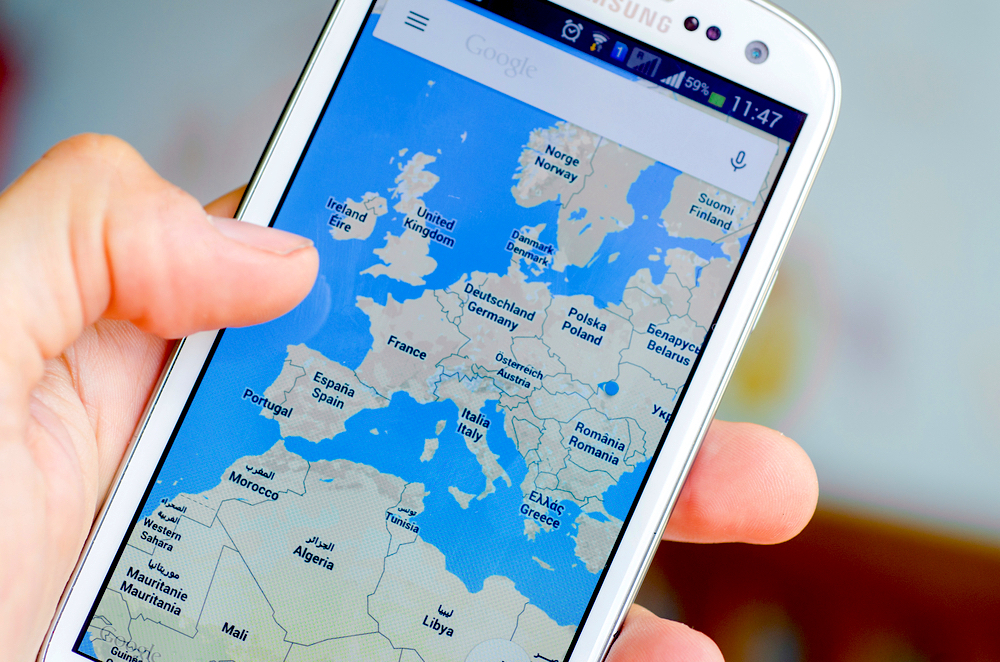
Google should Brexit
Yesterday, Europe's Competition Commission expanded its legal assault against Alphabet and major subsidiary Google. Four monopolies are under fire: AdSense, Android, search, and shopping services. Trustbusters allege that Google uses anticompetitive tactics to protect its market dominance, which share ranges from 80 percent to 90 percent in each category. Behind the charges is a hoity-toity attitude typical of overly-protectionist EU regulators. What if the information giant gave them what they want?
Imagine this: Google shuts down operations across the entire Euro zone—in a Brexit-like departure, but suddenly with no preparations. Switch it off. Search and other services could remain available in Britain and to all other non-EU countries. The company surely has the means, starting with IP blocking and expanding to other measures. The risk: Confirming just how dominant is Google, because of the incredible negative consequences. But the chaos also would lead to an outcry to restore services, while illuminating how important Big G is to citizens and how greatly businesses benefit, or profit, from the monopolies.

Shadow IT responsible for cyber attacks
Shadow IT has always been considered a huge risk to an enterprise’s cyber-security efforts, but now we have a new survey which supports the claim and shows the scope of the problem.
The report, recently released by Tenable Network Security, says that both German and UK-based companies acknowledged shadow IT as a problem, but the former reported more cyber-attacks.

UK's mobile networks have the highest speeds but lack 4G LTE coverage
The UK has the fastest mobile internet in the world, according to Akamai’s new State of the Internet report. The report found that during the first quarter of 2016, mobile users in the UK experienced average speeds of 27.9 Mbps. Of all the countries surveyed by Akamai, the UK has the highest average speeds.
The UK's speed is far higher than the rest of Europe by about 10 Mpbs. It is also significantly higher than the US which has a recorded average speed of only 5.1 Mbps when tested through Akamai’s platform.

Euro 2016 app leaking private user data
I’ve been trying not to think about Euro 2016 after England’s whimpering exit on Monday night, but new research from mobile security and management firm Wandera has grabbed my attention.
According to analysis of data traffic patterns from enterprise mobile devices, the official UEFA Euro 2016 Fan Guide App is leaking user’s personal information -- including usernames, passwords, addresses and phone numbers -- over unsecure internet connections.

Post-Brexit, an online campaign for a second UK referendum gains huge support
The UK may not yet have introduced online voting -- nor is it likely to any time soon -- but it does have a website that can be used to raise petitions for debate. The House of Commons website is home to a huge number of such petitions, and any that gain 100,000 signatures will be raised in Parliament.
After the UK referendum on EU membership saw the country narrowly voting in favor of Brexit (even if they didn’t know what this meant), a petition calling for a second referendum has been signed more than 3 million times. Ironically, the petition was set up by a pro-Brexit, anti-EU politics student a month before the referendum actually took place. His plan was to call for a re-run in the event of a narrow vote to remain in the EU, but his wording is such that it could (although it's unlikely) backfire on him.
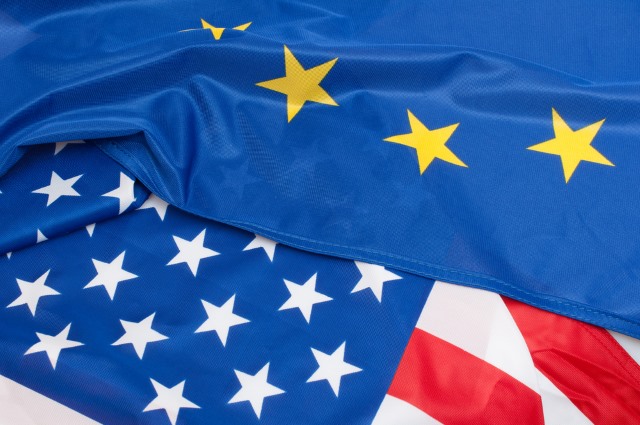
EU-US Privacy Shield: White House promises not to spy on European data
The replacement for data protection arrangement Safe Harbour, the EU-US Privacy Shield, has undergone final amendments. Safe Harbour has already been deemed invalid, and frantic talks have been underway to finalize its successor.
Despite gaining the backing of Microsoft, EU-US Privacy Shield has faced a great deal of criticism. In the wake of the Brexit vote in the UK referendum on EU membership, the UK may be forced to comply with the rules even though it is in the process of exiting the Union. One of the most significant changes to come about -- and one that will be welcomed by privacy advocates -- is a promise from the White House not to engage in indiscriminate bulk data collection of European data.

UK votes to leave the EU, but Google searches show people don’t understand Brexit
It was a vote that was down to the wire much of the way, but the result of the UK referendum on membership of the European Union took many -- including bookies -- by surprise. 48.1 percent of voters indicated a preference to remain, while 51.9 percent said they wanted to go it alone. The fallout has been dramatic.
Prime Minister David Cameron is stepping down, a second referendum on Scottish independence is now on the cards, and the financial markets have been in turmoil all day. But one of the more interesting side effects of the 'leave' vote is that Google search data reveals that voters don’t know what is meant by Brexit (that horrific portmanteau signifying a British Exit), or what the full ramifications will be.
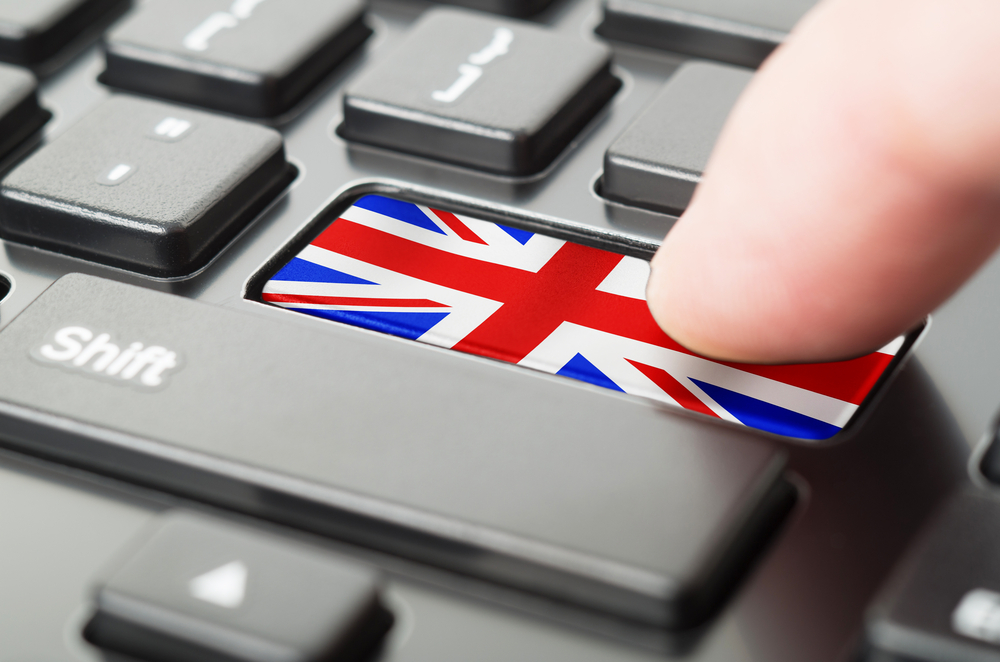
UK tech industry reacts to Brexit
As the UK awoke this morning -- at least those parts of it that hadn't been glued to the poll results through the early hours -- to find that it had voted to leave the European Union, there was plenty of reaction.
While the pound fell and the stockmarket shuddered, technology companies have been quick to add their take on the news.
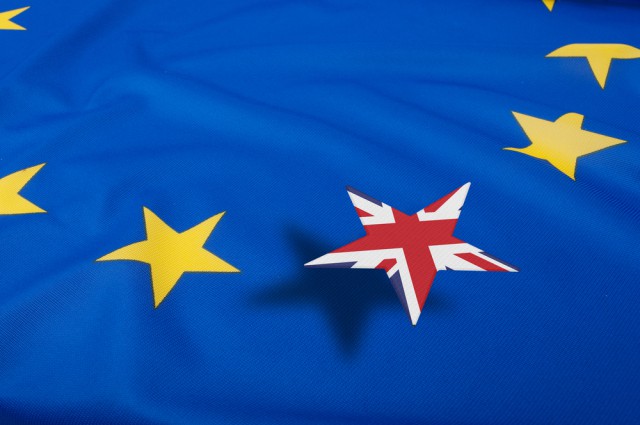
Most UK tech workers against Brexit
The tech industry is not really hyped about the UK’s potential abandoning of the European Union, according to new reports by market analysts.
Juniper Research just released a new report which says that almost two thirds (65 percent) of UK’s tech employees believe Brexit would not have a positive effect on the global tech industry.

Britain has more unicorns than anywhere else in Europe
Unicorns are breeding in Britain. The country is now home to more than a third of European unicorns (tech companies valued at over $1 billion), but the whole of Europe is faring well.
A new report by GP Bullhound, an investment banking firm, reveals that there are 47 unicorns in Europe and 18 of them are to be found in Britain. The number of European unicorns has jumped by more than 20 percent in the last year, and the overall valued is placed at $130 billion (around £90 billion).
